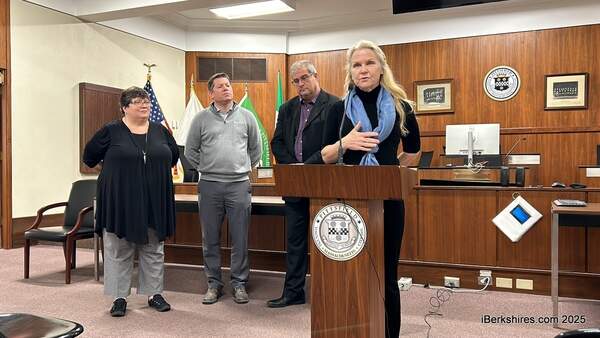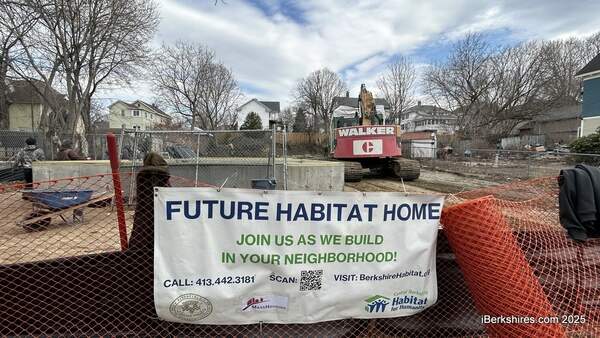
Dalton Looks to Tighten Tobacco Products Regulations
DALTON, Mass. — There appears to be no pushback to the town updating its tobacco ordinance.
The Board of Health's public hearing Monday on the topic generated no participation from residents or storeowners.
The main proposed changes include potentially capping the number of tobacco permits, not allowing official smoking bars, minimum packaging of cigar products by price, mandated retailer training, and a blunt wrap ban, and a possibility of restricting other non-tobacco-related products.
The town's current ordinance is 11 pages long and the new proposal is 18 pages.
Notices were mailed to vendors and were posted in the local newspaper as well as the town's website. The board has not voted on any local policy yet.
"I think where Dalton is with the state law being passed a couple of years ago with your local policies being really out of date, the goal was to merge the state law into an updated local Board of Health regulation," Tri-Town Health Department Director James Wilusz said.
"And in that process, there are additional local policy options that the board could entertain if they so choose to."
The Tri-Town Health Department — comprised of Lee, Lenox, and Stockbridge — has been administering a tobacco awareness program since 1994. In April, the board approved working with Tri-Town Health Department to update the town's tobacco regulations better comply with the state regulations.
Pittsfield has also been working on its ordinance with similar recommendations after Wilusz came to its Health Board in May to give an update on tobacco control, warning the panel that products can slip through the state's regulations without specific guidelines.
One of the changes further defines "blunt wrap" as any product made wholly or in part from a tobacco product, manufactured or packaged with loose and removable leaves or section of a leaf, or as a hollow tube that may be used to wrap or contain loose tobacco or other fillers.
"Roll your own" tobacco leaf packages are to be considered blunt wraps in the new regulation. It also stipulates that a rolling paper with a characterizing flavor is considered a tobacco product flavor enhancer.
Additionally, there are proposed changes to penalties for violations and a number of provisions to control the number of tobacco permits in the town.
These include allowing a certain number of permits (which has not been determined,) that a permit should not be issued within 500 feet of a public or private school, and that it should not be issued within 500 feet of a retailer with a valid permit.
These recommendations are described as being "uniquely local policy decisions that are more stringent than state law."
"I think your next step would be, probably next month, to really decide on what local policies you want because it's still set up as an option for you," Wilusz explained.
"We really haven't drilled deep into what type of permit cap, if at all, you want and other things so you'll want to think about that for the next meeting and then make a decision on that."
In December 2019, Gov. Charlie Bakers signed an Act Modernizing Tobacco Control, which imposed new restrictions on the sale of nicotine vaping, flavored vaping, and tobacco products.
A few months prior, the governor declared a public health emergency and put a temporary ban on the sale of all vape products in the state.
The act only allows the sale of non-flavored nicotine products with 35 milligrams per milliliter of nicotine or less. It also restricts the sale of non-flavored nicotine vaping products held to the same standard to licensed, adult-only retail tobacco stores and smoking bars.
Under the new legislation, people can only purchase and smoke flavored nicotine vaping products in smoking bars, of which there are about 24 in the state.
Reportedly, the COVID-19 pandemic created a lull in education and compliance checks after the policy changes and pointed to adjustments that could be made to the city's regulations to clear up the confusion between local and state law.
Joyce Brewer, Tobacco Free Community Partnership program manager for the Berkshires, did attend the hearing to sit in and offer assistance and resources if needed.
Draft Tobacco Regulations for Dalton by iBerkshires.com on Scribd
Tags: tobacco regulations,















